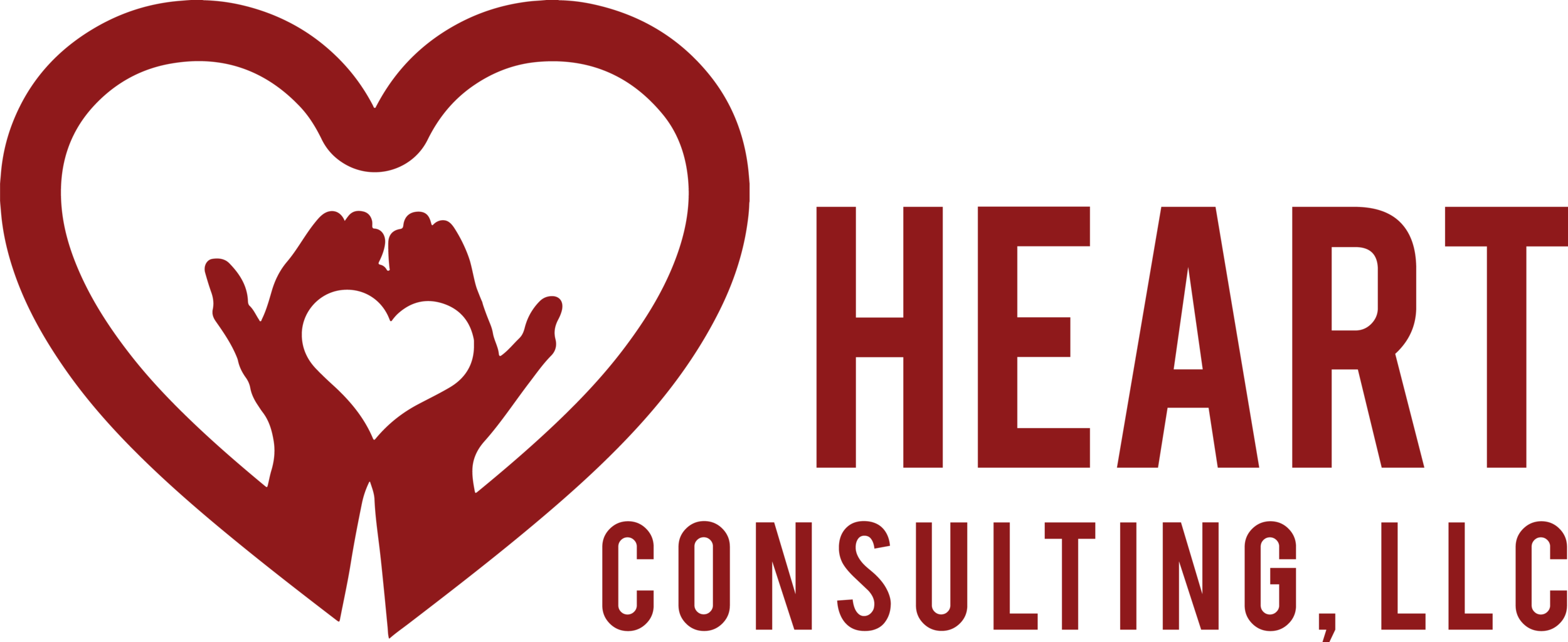I Ask
April is Sexual Assault Awareness Month, and the theme this year is “I Ask”. To a lot of people, this seems straightforward and simple: I ask for consent before engaging in sexual activity. But there is so much more to consent, and there is so much more we need to ask.
People with disabilities frequently have someone helping with personal cares. This means someone helping to use the bathroom, take a bath, and dress/undress. The staff doing this work are frequently overworked and underpaid, and in such a hurry that they don’t stop to ask the individual anything. It is just assumed that this person is okay with someone else (possibly someone they just met) touching very private areas on their body. So here is my question for anyone doing personal cares: Do you ask….
Are you ready to get undressed?
Is it okay if I help you get clean?
I need to wash this part of your body, are you ready?
Can I hug you?
Can I take a selfie with you? Can I then post it on my personal social media? Can I post it to our agency’s social media page?
Don’t assume that because someone does not speak verbally, that they are comfortable with what you are doing. I have worked with a young girl with a lot of physical needs, who could not answer most questions verbally. So I asked “Can I wash your private areas? Can I help you get off the toilet now?”, then showed her that one of my hands meant “yes” and the other was for “no”. She would then point to the hand with the response she wanted, and I would respect her choice. If she wasn’t ready, I would wait. If it was safe to give her privacy, I would leave the bathroom. Because she, and everyone else with a disability, deserve respect. Everyone deserves to be asked first.
I challenge parents and caregivers to find ways to ask before any type of touch, and challenge your assumptions about what someone who may not be able to verbally communicate really wants or is comfortable with. Think of creative ways to give each person a voice and a say in their personal cares. Even if someone is not able to respond verbally, using pictures, or any other way to communicate, caregivers can still show respect for the individual by foreshadowing any touch and the reason for it (“I’m going to touch your private area next so that I can wash it, is that okay?”). Ask even if you’re not going to be able to get a response. I’ve found that many times, someone who may not traditionally or verbally communicate back still knows what I’m saying. Because not only is what we say important, but what we ASK matters too.
